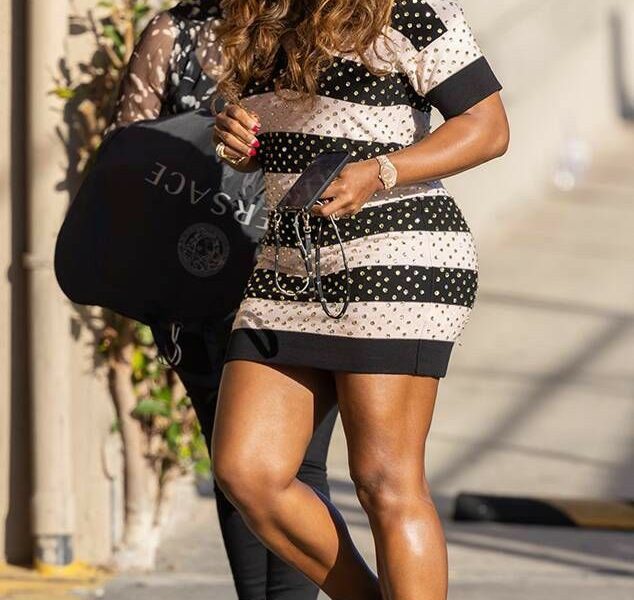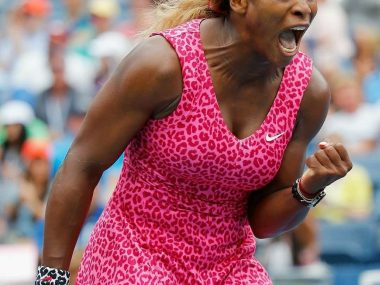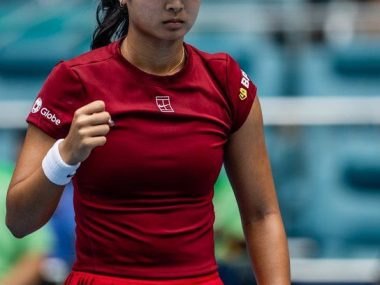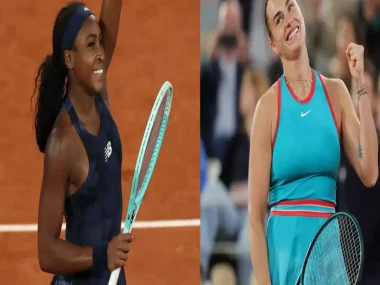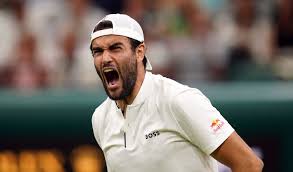Tennis fans worldwide were stunned following Naomi Osaka’s terse post-match speech after falling to Canadian rising star Victoria Mboko in the Canadian Open final. Osaka, visibly shaken, appeared to bypass customary sportsmanship—neglecting to congratulate Mboko directly during her remarks, instead expressing gratitude only to her team, volunteers, and ball kids. The omission brought swift criticism across social media, with some calling her “uncool” and accusing her of poor sportsmanship.
But in the midst of mounting backlash, legendary tennis coach Rick Macci, known for having mentored Serena and Venus Williams, came to Osaka’s defense. Posting on X (formerly Twitter), Macci urged audiences to “pump the brakes.” He reminded everyone that athletes—especially female athletes—can react impulsively after a heated match. “Some athletes give the boiler-plate response and say all the right things. Some say whatever because the thoughts and dots are not connected yet as defeat is still fresh out of the oven,” he wrote.
Macci’s empathy carried weight not only because of his reputation but also due to his understanding of both performance pressure and public scrutiny. His message reframed the narrative: instead of vilifying Osaka, recognize that emotional overwhelm can cloud spontaneous interactions—even for champions.
Why This Matters
-
Humanizing Elite Athletes
The tennis world often expects polished composure, but emotions run high in high‐stakes finals. Macci’s statement underscores that even top athletes can falter in the heat of the moment. -
Gender Bias and Double Standards
The uproar also reflects broader issues—female athletes are often judged more harshly for lapses that might be overlooked in male counterparts. Macci subtly spotlights this gap. -
Redemption Through Apology
On Threads, two days after the final, Osaka issued a heartfelt apology to Mboko:“I was in a daze… I tried to make my speech as short as possible… sorry and congratulations to Victoria.”
She cited fear of repeating past mistakes—particularly the controversial comments during the 2018 US Open where she faced backlash for her remarks. -
Looking Ahead to the US Open
With the US Open on the horizon, Osaka’s response demonstrates growth. Rather than dwell on criticism, she’s recalibrating—focused on improving her game—and moving forward with accountability.
Conclusion
While Osaka’s initial reaction drew flak, Macci’s defense reminds us: players, even the greats, are human. Emotions, exhaustion, and residual fears can dilute poised responses. Fortunately, Osaka’s apology reframed the conversation—showing humility, introspection, and sportsmanship in the aftermath. As fans shift from outrage to empathy, the larger lesson emerges: in both sport and life, grace often follows misstep—especially when met with accountability.
